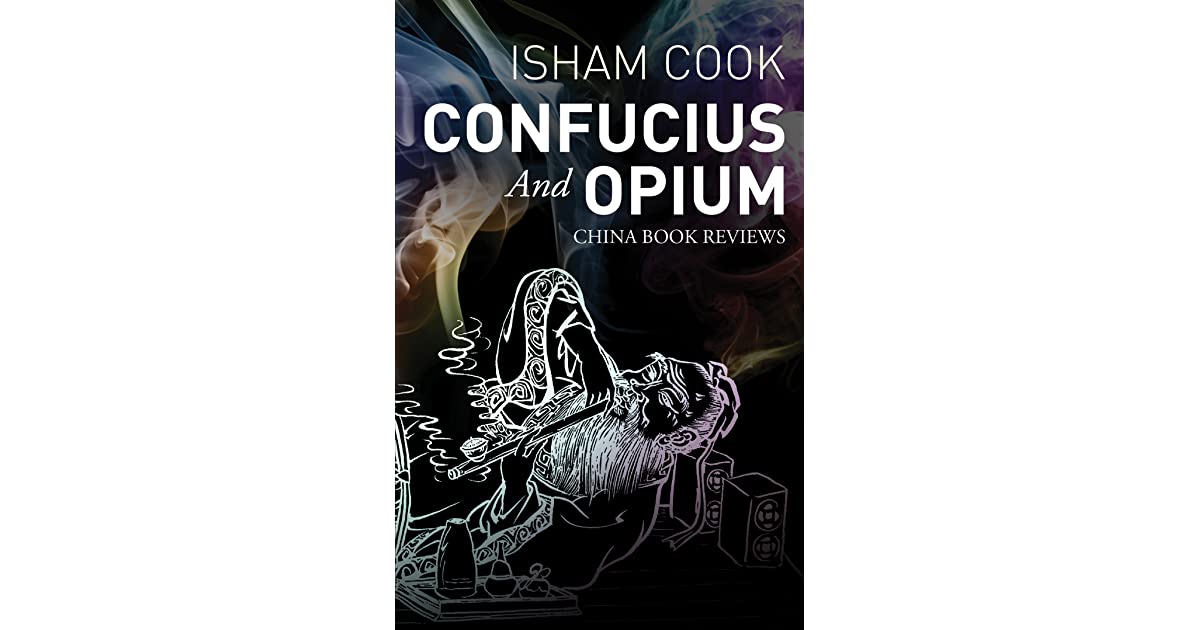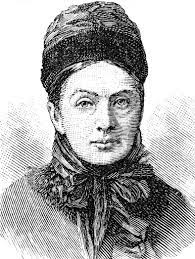
The American writer Isham Cook is an eccentric who might be telling us the truth – or at least trying to. An open minded reader, who doesn’t mind having their leg pulled a bit, will find the erudite “Confucius and Opium” a rewarding read.
This work contains eleven ‘book review essays’ that are in-depth, no holds barred investigations of writing about China from the nineteenth century until the present day. Multiple books are discussed in each chapter/essay, and there is a risk that you’ll end up with a long reading list once through.
Given his extensive reading on China and residence there for some twenty-five years, Cook has a lot to say, and the essay format allows him to roam about discussing history and cross-cultural issues while also doing some serious literary criticism.
Chapter two “Living the Taiping” is a discussion of the 19th century rebellion against the Qing Dynasty with the biggest body count of any war ever. Cook shows how history in China is manipulated to fit the government’s sinister ends. Chinese school history textbooks, which he has read, focus more on the Opium Wars than the Taiping rebellion. The Taiping did much more damage, but the Opium Wars are a useful tool to remind the populace about foreigners humiliating China. The issue with history then is this:
“When history lessons in school and government propaganda on TV and film reduce history to a narrow list of events, when the professional practice of history proper — requiring the airing of alternative accounts and competing interpretations — is forbidden, then history fails to exist in any meaningful sense of the term. People know this. Hence the kneejerk antipathy among the majority to anything smacking of “history”.”
The 19th century was a difficult time for foreign travellers in China, this is clear from the experiences of travel writer Isabella Bird explored in the chapter “Chungking, China’s Heart of Darkness.” The intrepid Bird is saved from the local mob in the nick of time on several occasions, her crime being that she is a foreigner, and worse still an unaccompanied female. China outside the foreign concessions was a hostile place – Cook found echoes of this xenophobic era in the 1990s when he was rejected from staying at many hotels in China’s northeast. Although he calls Chungking (now Chongqing) the heart of darkness, he is complimentary about the modern version of the city. In a different chapter he remembers a visit to another long ignored Chinese metropolis on the Yangtze River: Wuhan, the city of millions that, he quips, nobody had heard of until coronavirus. Cook is not scared to criticise China, but it comes through from his own travel anecdotes that he has an affection for the place and the people.

Writer Emily Hahn (1905 – 1997), who became the lover of Chinese poet Zau Sinmay and an opium addict, gets special brownie points for fully throwing herself into life in Shanghai in the thirties. She is the antithesis of those Cook slams for being fearful and paralysed when confronted with their own sexual attraction to the Chinese. Hahn’s opposite number is the vaunted recent chronicler of China, Peter Hessler, who, like Hahn, has written for the New Yorker magazine. Hessler comes under fire in a chapter named “The ventriloquist’s dilemma: Asexual Anglo travelogues in China.” (A pleasure of this book are the chapter titles). He and other 21st century travel writers are, Cook claims, petrified of offending their publishers or being seen as sexual predators. So, they self-censor and do not let any whiff of sex get into their books. Cook quite readily reveals some of the sexual fantasies and experiences he’s had in China, and looking at his back catalogue you’ll see he’s gone into some detail about these in other works. This might seem distasteful, but don’t we all have these kinds of fantasies? Cook points out that in the current environment it’s OK to write about sex in China if you are female, non-Caucasian and preferably not straight. He finds a modern novel not afraid of violent sex in China in Susan Barker’s “Incarnations” (2014), but the sex, as violent as it maybe, happens only in scenes set in the past and only between Chinese, never Chinese and foreigners. His point is that not wanting to upset anybody, modern writers water down their palette, and hang in the background as mere observers, while Cook believes:
“The foreign experience in China cannot and should not be treated independently of the encounter with the Chinese, with all the raw conflict and tension this entails.”
Another book mentioned is “Unsavory Elements” (2013) a compilation of China tales written by foreign writers. To be fair, I found the Hessler’s piece in this book engaging and full blooded, especially the part about his punch up with a thief. However, I take Cook’s point that often Hessler tends toward dry observation.
Away from the politics and the sex, there is some interesting discussion about the pros and cons of the point of view options novelists have. In “Out of the squalor and into the light: When the Shanghai wall came down”, Cook improves a passage from Christopher New’s “Gage Street Courtesan” by removing the inner thoughts of the characters, changing the view from third-person omniscient (the all seeing eye) to objective third-person (actions but no thoughts). This is a great lesson in how a novelist should show and not tell. Another lesson is learnt studying the relentless detail in a historical novel on the Taiping. Cook concludes detail should not be used exhaustively and consistently. As Cook tends to be heavy on detail, his identifying the fault in others likely shows he’s on a serious mission to hone his own craft.
The first chapter takes us through the history of drug or “medicinal plant” use in China. Also, for me, it introduces a recurring theme: the good sage Confucius (education, filial piety, benevolence) cannot exist without the so-called bad opium (vice, foreign invasion, humiliation). Cook suggests that Confucius’s empathetic personality may have been developed through taking psychedelics, I’m pretty sure he’s having us on. This first chapter as well as the one about Paul French’s “Midnight in Peking” were my least favourites. I would have moved the first chapter to the end of the book as it is the most speculative and loose. I can understand why Cook has a go at French, the darling of people who will read one racy China book in their lives. It seems French’s book isn’t really a work of true crime and he incorporated fictional elements without telling us. Cook’s blow by blow account to prove this, while undoubtedly scholarly, is rather laboured.

In the last chapter, Cook finally finds some contemporary writing on China he likes; works about the dark side. He tells us that China needs to lighten up and accept such exposure and criticism. To show he can put the shoe on the other foot he says that if the next Brett Easton Ellis or Chuck Palahniuk style novelist dealing with the underbelly of America was Chinese, he would welcome it.
